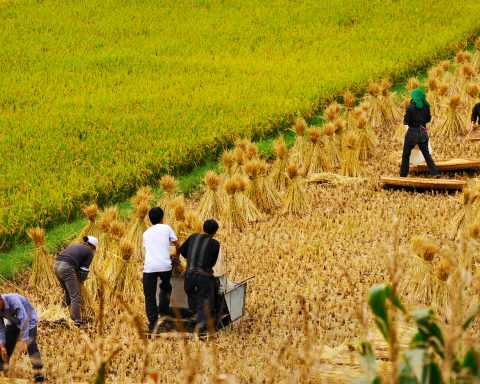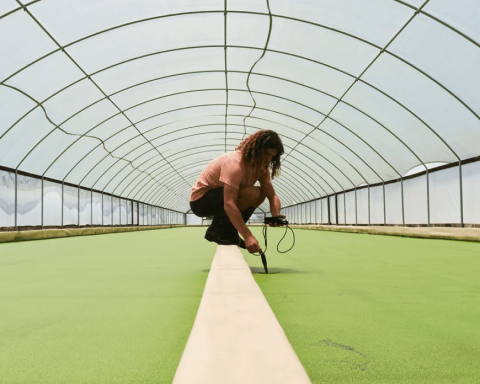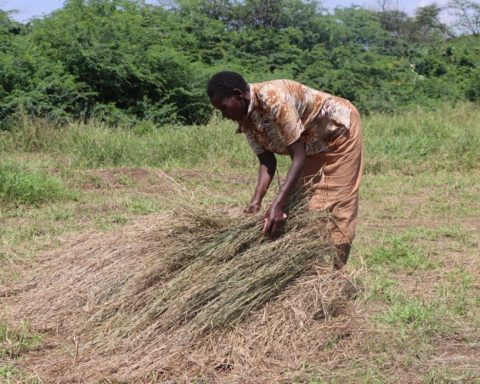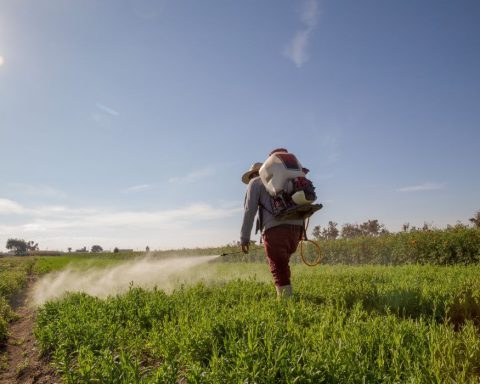JAKARTA — U.S. food giant Kellogg’s is the latest major consumer brand to suspend its purchases of palm oil from Indonesian plantation giant Astra Agro Lestari, following reports of environmental and social violations. The cereal maker joins the likes of Hershey’s, PepsiCo, and Oreo maker Mondelēz in distancing itself from AAL, the second-largest palm oil company in Indonesia.
The move is the latest fallout from a 2022 report published by Walhi, Indonesia’s largest environmental NGO, and Friends of the Earth U.S., which says three AAL subsidiaries engaged in land grabbing, environmental degradation, and the criminal persecution of environmental and human rights defenders.
According to the report, the subsidiaries — PT Mamuang, PT Agro Nusa Abadi (ANA) and PT Lestari Tani Teladan — claim or occupy more than 6,700 hectares (16,700 acres) of land without having obtained the free, prior and informed consent (FPIC) of local communities on the island of Sulawesi. It also alleges that they failed to dispose of waste properly, and exacerbated flooding by clearing forests in water catchment areas.
The Central Sulawesi chapter of Walhi recorded at least 10 people facing criminal charges brought by the companies — most for allegedly stealing oil palm fruit, occupying land without a permit, and making threats.
In addition, the report says one of the companies, ANA, didn’t have one of the permits required to start planting. It also questions whether any of the companies received the full slate of permits to operate legally.
AAL media and public relations manager Mochamad Husni denied the allegations, saying the company and its subsidiaries have all the necessary permits, obtained through the proper procedures.
That hasn’t been convincing enough for 10 of AAL’s major buyers, of which Kellogg’s is the latest. Prior to the Pop-Tarts maker freezing its purchases, others that had done likewise were PepsiCo, FrieslandCampina, Danone, Hershey’s, Nestlé, Procter & Gamble, Mondelēz, Colgate-Palmolive, and L’Oréal.
In addition to backlash from buyers, AAL also faces pressure from shareholders. BlackRock, the world’s largest asset manager, voted against the election of AAL’s board of directors at the company’s annual shareholder meeting in April over the ongoing violations.
Walhi has called on AAL to carry out environmental restoration and provide remedy for the harm done to Indigenous and local communities.
“We echo the calls of communities impacted by AAL’s destructive operations for AAL to return land taken without consent,” said Uli Arta Siagian, the forest and plantation campaign manager at Walhi. “Companies that violate human rights, operate outside of Indonesian law, and pollute our precious environment must right their wrongs.”
AAL hasn’t taken immediate action, instead launching an independent investigation into the allegations raised in the report. The investigating team, led by Indonesian environmental consultancy EcoNusantara, recently completed its on-the-ground verification work, including confirming evidence of the grievances raised.
Local communities have largely been responsive and cooperative, according to the team, although there was also some reluctance to engage. The team says it’s now reviewing and analyzing the collected data.
Activists have criticized the investigation, calling it flawed from the start because it focuses on the communities’ legal rights rather than the AAL subsidiaries’ legal standing and social license to operate. It requires communities to prove all their claims with legal evidence, regardless of their customary claims and rights to the land, which in Indonesia is a complex issue.
The terms of reference for the investigation also suggests the communities were previously landless and now want land owned by the AAL subsidiaries, further cementing the notion that the company has the right to the land. The burden of proof is put on the communities because AAL failed to consult the affected communities in the development of the terms of reference, activists say.
They also say the investigation isn’t needed in the first place as there’s already enough evidence from published reports, community members’ testimonies, court hearings related to criminalization of community leaders, and farmers’ certificates of land ownership that show how AAL is culpable and thus must take concrete steps to redress the grievances and remedy the harm.
But if AAL is to proceed with the investigation, then the onus of proof should be put on the company, said Gaurav Madan, senior forests and lands campaigner at Friends of the Earth U.S.
“The company should show evidence that it received communities’ free prior informed consent to operate on their lands and impact their livelihoods,” he said. “AAL’s subsidiaries should present each one of the permits required to operate by Indonesian law.”
Consumer goods brands that continue to source their palm oil from AAL and investors in the company also need to step up by demanding the company show legal evidence of its operations in Sulawesi, Madan said.
“Why aren’t consumer brands asking to see this documentation?” he said. “It’s their responsibility to conduct this type of independent due diligence, especially when violations have been brought to their attention.”
Without holding companies like AAL accountable, consumer goods companies’ claims of being sustainable are just empty rhetoric, said Danielle van Oijen, forest program coordinator at Dutch environmental NGO Milieudefensie.
They will also have a hard time complying with the new European regulation on deforestation, which requires companies selling products in the EU market to conduct due diligence to eliminate deforestation and human rights abuses from their supply chains.
“Consumer goods companies continue to claim their business models are ‘sustainable’ while continuing to source from conflict palm oil companies like AAL,” van Oijen said. “Instead of greenwashing, these multi-billion dollar companies should use their public platforms to ensure AAL remedies the harm it has done to impacted communities and the environment.”
This story was originally published by Mongabay.com. Read the original story here.







